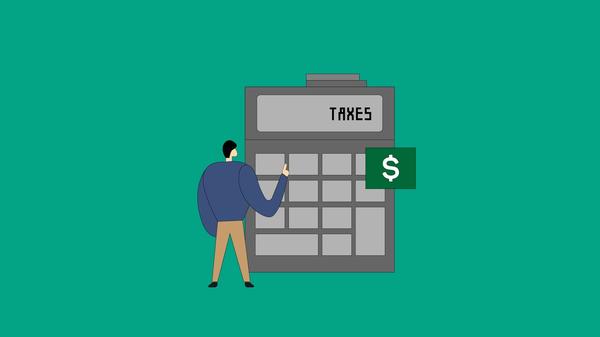In the business world, the term “corporate account” gets thrown around quite a bite.
However, many people are unfamiliar with the finer details of this type of account, which leads them to make potentially costly errors (or oversights).
Let’s start with a basic definition: a corporate account is a catch-all bank account that businesses use to hold financial assets.
Corporate accounts are typically used in one of three ways:
- For saving
- For day to day banking (which goes along with saving)
- For investing
Without a corporate account, a business must find another place to house its revenue, such as a traditional business account (more on this below).
Can Anyone Open a Corporate Account?
This is where confusion often begins to set in. It’s a misconception that anyone can open a corporate account. And here’s the culprit: most people believe a corporate account and business account are one and the same.
Any type of business entity - such as a limited liability company, corporation, sole proprietorship, and partnership - can open a business account.
However, a corporate account can only be opened after approval of the board of directors. This doesn’t hold true with a business account, as an owner can open one at any time (even without an official vote).
Benefits of a Corporate Account
There’s no requirement for eligible businesses to open a corporate account, but there are many benefits of doing so. Here are some of the most powerful:
- Liability protection: With a corporate account, you’re able to separate the liabilities and assets of the owners from the liabilities and assets of the business. This is in contrast to a business account with which this protection is not available.
- A safe place to house money: For example, if your business is making more money than you have expenses, you need somewhere to house it. You have many options, but a corporate account is often best, thanks to the liability protection and ability to invest. It’s better to let the money sit safely and grow than to let it sit stagnant, month after month.
- Flexibility: Depending on your type of business and/or industry, you may have wildly successful years along with those that fall short of projections. A corporate account gives you the flexibility you need to properly manage company funds. During successful years, you have somewhere to house your profit. And during down years, you can draw from this account for expenses, such as equipment and payroll.
It’s these types of benefits that have many companies opening and maintaining a corporate account.
Potential Drawbacks of a Corporate Account
Despite all the benefits of a corporate account, there are some potential drawbacks to be aware of. Knowledge of these will go a long way in helping you avoid trouble while making the most of your account.
The most important thing to remember is that a corporate account can potentially affect your taxes.
Once you incorporate your business and decide in favor of a corporate account, you should consider how it will be used and the tax implications associated with every move that you make.
For example, there are right and wrong ways to house money in a corporate account with the idea of deferring taxes. By doing so the right way, you can save money on business taxes.
However, should you make a mistake in regards to how you use a corporate account, it could result in trouble with local, state, and federal tax authorities.
A Corporate Account for Investing, Cash Management
With so much flexibility, it’s important to have a clear idea of how you’ll use a corporate account before opening one. There are two basic options available to you.
Let’s start with how to use a corporate account to invest. Here are some things to think about:
- Dividend reinvesting: For example, if you earn any dividends, you can reinvest, thus allowing your money to compound. This can quickly add up over time.
- Rebalancing: If you choose to have an advisor manage your corporate account, they can continually rebalance your investments as the market change and your business grows.
Another idea is to use a corporate account to house funds that you’ll need in the immediate future, as opposed to those that you’re willing to invest over the long run.
If this is important to you, here’s what you should focus on:
- Access: It’s important that you’re able to access your money when you need it, without delay. This allows you to tackle any expenses, without any concern about your money being tied up.
- Earn interest: Depending on the type of corporate account you choose, you can earn money on your savings. Some banks have higher interest rates than others, so shopping around is a good financial decision.
Important Questions to Answer
By now, you should have a better understanding of how to use a corporate account, the benefits, and the potential drawbacks.
You should now address any lingering questions, such as:
- Does a corporate account make sense for your company right now, or should you opt for a business account?
- If you’re ready to open a corporate account, will the board of directors be on the same page?
- Which bank is the best for your business and short and long-term goals?
- How do you plan on using your corporate account and could this change in the future?
- Are you familiar with other features of a corporate account, such as mobile access and account management?
No matter how long it takes, answer these questions, among others, to ensure that you’re 100 percent confident in your decision.
Final Thoughts on Corporate Accounts
With the right knowledge of corporate accounts, you can decide if this will benefit your business in any way.
As you learn more, you’re likely to find that it’s exactly (or close to) what you’re looking for. If that’s the case, it’s time to compare offerings from several banks, all with the idea of opening an account in the near future.


